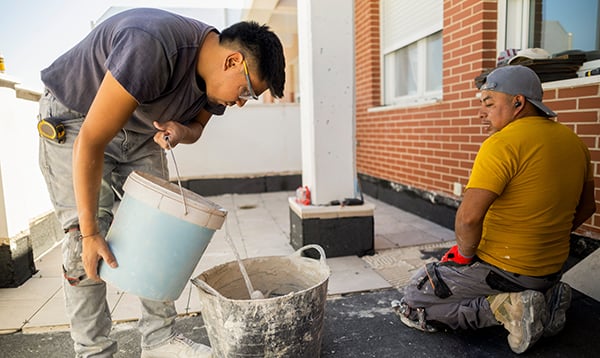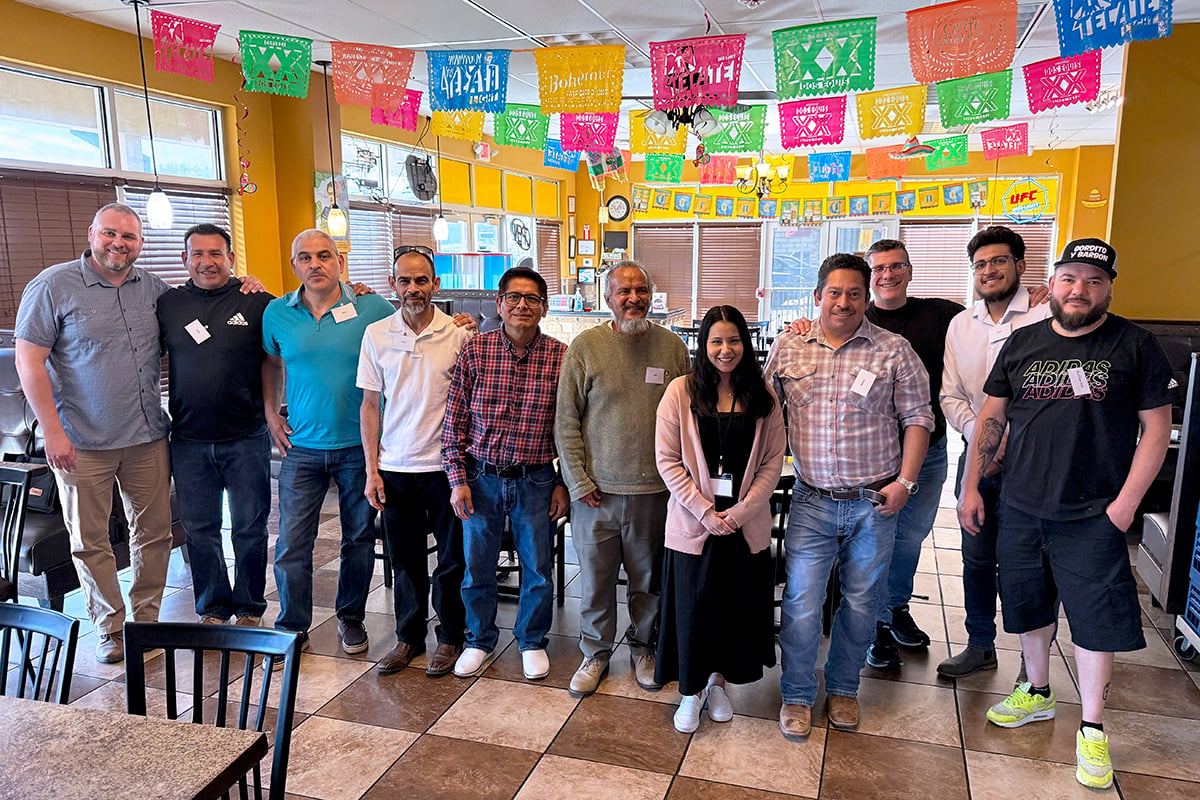Read this article in: Español
Recognizing the Uniqueness of The Growing Latino Construction Workforce
According to The Center for Construction Research and Training (CPRW), Hispanic workers now make up 34% of the U.S. construction workforce and is growing. Understanding the culture of this workforce segment is critical to the future of the building and construction category.
Immigration and Legal Status
Latino Workers: A large proportion are immigrants; many are undocumented or have temporary status.
Traditional Labor (U.S.-born, non-Hispanic workers): More likely to have full legal status, citizenship, and access to government protections.
Implication: Latino workers are more vulnerable to wage theft, lack of legal recourse, and exploitation.
Language and Communication
Latino Workers: Many are only Spanish speakers or have limited English proficiency. Conversely, many U.S. builders and contractor firms do not speak fluent Spanish.
Traditional Labor: Typically fluent in English.
Implication: Language barriers can affect training, safety, advancement, and integration into company culture.
Job Segmentation
Latino Workers: Overrepresented in low-wage, high-risk roles (e.g., roofing, concrete work, demolition).
Traditional Labor: More likely to be in management, planning, or skilled trade roles (e.g., electricians, site managers).
Implication: Latino workers face more physical strain and fewer opportunities for advancement.
Educational Background
Latino Workers: Often have lower levels of formal education or credentials recognized in the U.S.
Traditional Labor: More likely to have vocational training, certifications, or higher education.
Implication: Limits access and speed to licensing, specialized trades, or upward mobility for Latino workers.
Cultural and Economic Drivers
Latino Workers: Strong family-oriented motivations (e.g., remittances, support for large households); may accept harsher conditions for economic necessity.
Traditional Labor: Typically more assertive in demanding rights or benefits; different cultural norms around work-life balance.
Implication: Employers sometimes exploit this by overworking or underpaying Latino workers.
Union Representation and Advocacy
Latino Workers: Historically underrepresented in unions, though this is slowly changing.
Traditional Labor: More likely to be unionized, with greater access to benefits, protections, and collective bargaining.
Implication: Latino workers often lack the institutional support to push back against unsafe or unfair labor conditions.
In summary, Latino construction workers tend to operate within less desirable labor conditions, shaped by immigration status, language barriers, and cultural differences - not just by skills or experience.
Related Blog Posts:
Let’s talk.
Have a specific marketing challenge? Looking for a new agency?
We’d love to hear from you.


